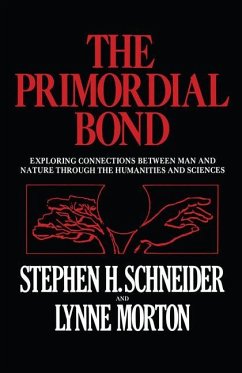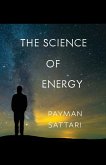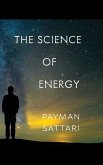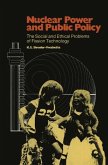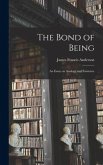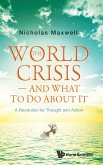Does the solution to our energy crisis depend upon the de velopment of coal, nuclear, solar, or some other energy source? Are we better off because science and technology have made us less vulnerable to natural catastrophes? How, in fact, do we see ourselves now in relation to our natural world? The answers to these questions lie as much within the humanities as in the sciences. Problems as seemingly unrelated as our vulnerability to OPEC oil price hikes or a smog alert in Los Angeles or Tokyo often have common, hidden causes. One of these causes is simply the way our society sees its place in nature. There are many reasons for the heavy demand for oil. Among these we vii viii I PREFACE can include desire for industrial growth, hopes for improved living standards, mobility through automobiles and rapid transportation systems, and, not least, an attempt to loosen the constraints on man imposed by nature. These constraints and man's concomitant dependence upon nature are exam ples of the intense and finely interwoven relationship be tween man and nature, a relationship that constitutes a pri mordial bond forged long before the era of modem technology. Similarly, man has explored this primordial bond through the humanities for all the centuries prior to our present techno logical age. As we will see in this exploration, the bond un derlies many of the environmental and technological prob lems we have come to label the ecological crisis.
Hinweis: Dieser Artikel kann nur an eine deutsche Lieferadresse ausgeliefert werden.
Hinweis: Dieser Artikel kann nur an eine deutsche Lieferadresse ausgeliefert werden.

